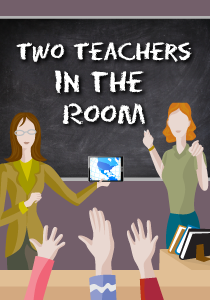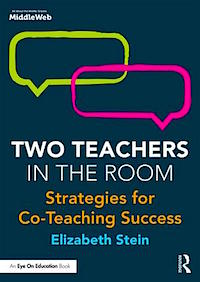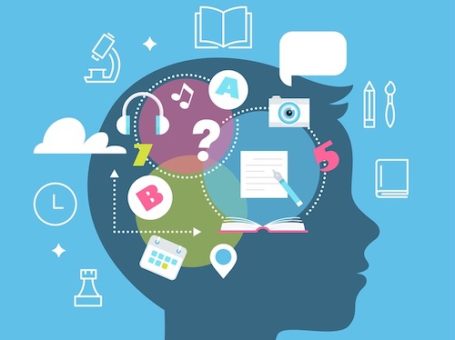What All Students Need to Really Pay Attention
 The bell rings and all students are in their seats ready and waiting for the teacher to tell them how they will spend class time. The silence rings loud and clear up and down the rows that face the front of the room.
The bell rings and all students are in their seats ready and waiting for the teacher to tell them how they will spend class time. The silence rings loud and clear up and down the rows that face the front of the room.
As the teacher begins to address the class, one student, call him Jay, chimes in with a question about last night’s homework. After the teacher reminds him to raise his hand, she briefly answers the question, asks students to pass up their homework, and begins today’s lesson.
Jay passes up his homework, but he is overcome with worry about doing the homework wrong…again. He is not listening to what is going on in class. His mind begins to wander. I think I can come for extra help at lunch today, so I can go over the homework then. Why can’t I remember the information I need to be able to do my homework right?
Jay is instantly brought back to the moment as his teacher calls on him to answer a question. He looks at the image posted on the screen at the front of the room. He suddenly realizes he missed the first 20 minutes of class and once again is unable to respond when his teacher calls on him.
“When your head is just too full”
This scenario was recently shared with me by a student during a heart to heart conversation with a group of 7th graders about how they feel school is going.
They described many scenarios that come back to the theme: It’s hard to pay attention when your mind just feels too full, and you just can’t add any more information to your head. It’s is just too overwhelming to try to figure out what you should be thinking about.
Students like Jay are often misperceived as distracted, lacking interest, or not trying hard enough. Yet, this couldn’t be further from the truth. Students like Jay need guidance and support in developing executive function skills.
These strategies work for all kids
The key to remember is this: What works for students like Jay works for everyone. Let’s consider a few must-do strategies to support all learners to focus and organize.
Paying Attention: Make the most of your time with your students. Balance your talking with enough time for students to individually process and discuss key content through peer interactions. Keep teacher talk balanced by stopping every 10-15 minutes to include quick student-led discussions. You will be amazed at how peer interactions and time to allow students to individually process information keeps the attention and engagement strong!
Organization: Keep class time moving with students applying note-taking strategies and other graphic organizers. Have students create timelines for assignments and help guide them to track their progress and performance.
Strengthen Memory: In general, learners benefit from time to process information learned in class. Then they’re able to transfer it to do homework as well as to build upon this new knowledge in future lessons. When teachers intentionally support short and long term memory skills for all learners – and specifically for students like Jay – there’s a big payoff.
Most of all: Listen to them!
Perhaps the greatest thing any teacher can do is to make sure that communication is strong. Pave the way for your students to speak with you about what they are experiencing. In addition, if you are a co-teacher, use the “person power” you have in your classroom. Use this post as a launching pad for speaking with your teaching partner about ways you both can support all learners in your classroom.































